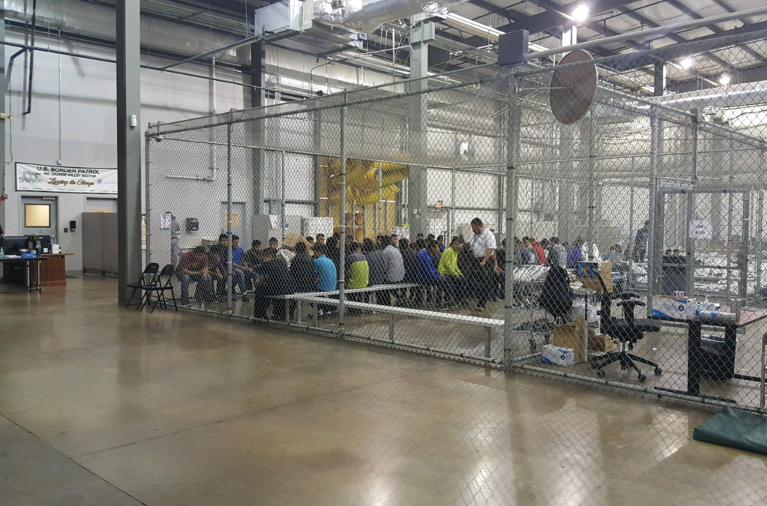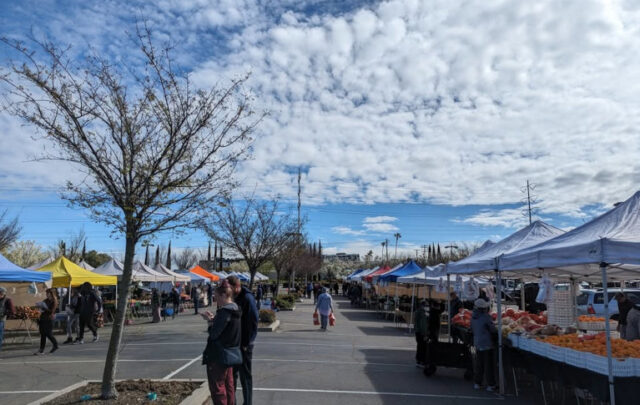As a Mexican American and a father of two young children I am horrified to see the cruelty being inflicted on thousands of families that haven’t been as lucky as mine and have been separated at the US-Mexico border.
Feeling the heat from all sides, the president has reversed his separation policy and signed an executive order to keep families together.
But don’t be fooled. The administration’s immigration policy remains just as hateful — and hate-filled.
Families seeking asylum will still be detained and we still need to see how long it will take for families to reunite. But we also need to stop the creation of policies that steals people’s livelihoods — whether in Michigan or Michoacan, Mexico or Morazán in El Salvador.
These families are less lucky than mine, because I chose to migrate to the United States. Most of these families trying to cross by land do so because they have no choice. They have been forced to migrate from Mexico or Honduras or Guatemala or El Salvador or other countries.
These families have not chosen to come here because they like the USA lifestyle better than their own. These are families whose livelihoods have been destroyed by decades of failed economic policies led by the United States and the local elites of those countries, making their home countries dangerous and unlivable.
It is very unfortunate that rarely 2 & 2 are put together in the debates about migration. First, the U.S. government created the conditions that lead to displacement and then it punishes those same families that have been displaced. Unfettered free trade agreements, along with privatization of public services, are at the center of the issue.
Today’s immigration crisis started 24 years ago with the North American Free Trade Agreement (NAFTA), which lowered Mexican tariffs on agricultural imports, leading to a flood of cheap U.S. corn and other basic food staples into the Mexican economy that forced millions of small Mexican farmers out of the market.
Those farmers and their families had no choice but to migrate. This was the first big wave of migration from Mexico.
Then the same failed policies of destroying national small-scale production in favor of large corporate-led agricultural-exporting schemes were applied to Central American countries with the Central American Free Trade Agreement (CAFTA) in 2006.
Failed economic policies have also plunged Mexico and Central America into dependence on extractive industries, like mining projects that push people off their lands.
Now those families fleeing deteroriating conditions and major new threats to the environment are being maliciously detained instead of being taking as refugees.
What we are seeing today at the border is the very small tip of an enormous iceberg that has been there beneath the surface for more than three decades.
We need to reunite the families immediately. But we also need trade agreements that put an end to the destructive race to the bottom and increase living standards of workers in the U.S., Mexico, Central America and throughout the world.
The governments of the United States, Mexico, and Central American countries need to confront the root causes of migration and allow migrants the basic rights afforded to them by international laws.





